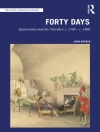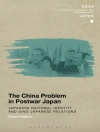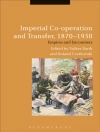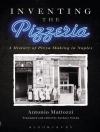China’s War of Resistance against Japan, as WWII is known in China, was never about the defeat of Japan alone. China was also at war with itself. Between 1937 and 1949, a vicious revolutionary war between Nationalists and Communists, divided by radically different views about China’s future, ravaged the country, killing millions and laying waste to cities and the countryside. The outcomes of these wars have shaped the country and the world since.
China at War focuses on this period, examining the complex truth behind the propaganda of both East and West. Cambridge professor Hans van de Ven shows how the results of the fighting ended European imperialism in East Asia, restored China to its traditional position of regional centrality, and gave the USA a decisive role in East Asian politics. In the process, he argues, it also triggered profound changes in warfare, as important as the development of atomic weapons, and gave the countryside a new social, political and military significance.
Through fascinating personal accounts and extensive scholarship, China at War casts new light on this crucial period of history, and harnesses contemporary art, culture and ideology to illuminate world-changing events.
Om författaren
Hans van de Ven is an authority on the history of 19th and 20th century China. At the University of Cambridge he serves as Professor of Modern Chinese History. He is a Fellow of the British Academy and the author of Breaking with the Past: The Chinese Maritime Customs Service and Global Origins of Modernity in China, War and Nationalism in China: 1925-1945 and From Friend to Comrade: The Founding of the Chinese Communist Party, 1920-1927. The Battle for China, a book of essays he co-edited, received the 2012 Distinguished Book Award of the Society for Military History.












